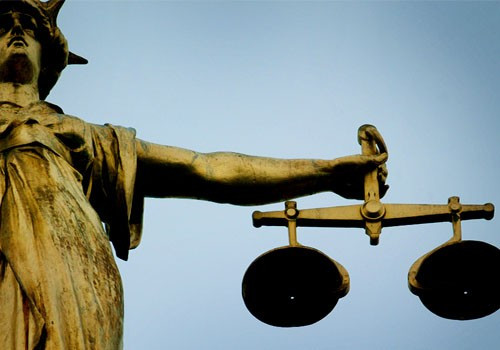Less than a Quarter of World Trade Meets OECD Anti-Corruption Standards

Just four of the world's top exporting nations actively enforce anti-bribery laws for companies trading at home or abroad.
Of the 41 signatory countries to the OECD's Working Group on Bribery, 22 have "little or no enforcement" procedures in place to ensure their companies do not participate in or facilitate corruption.
The latest progress report by Transparency International highlights the lack of diligence at the top table of world trade and urges all countries "with lagging enforcement governments" to "provide adequate support, including staffing and funding for enforcement".
In total, just 23.1% of world trade is carried out under active enforcement of anti-bribery regulation. The four countries which adhere to such policies are the UK, US, Germany and Switzerland. Although in all but Switzerland, the number of investigations commenced has been falling for the past four years.
UK exporters have often maintained that they are doubly bound, since they must abide by both local and EU level laws, with the UK Bribery Act of 2011 described by the British Exporters Association (BExA) as "the harshest bribery legislation in the world".
Among the major exporting countries with "little or no enforcement" are Japan, South Korea, Russia, Spain, Brazil, Ireland and Turkey. Neither China nor India are members of the OECD, so cannot be signatories to the working group from which the data is derived. Combined, these nations account for 27% of world trade.
These countries, according to Transparency International, show no signs of investigating companies domiciled on their turf for participating in bribery.
A spokesperson for the Irish Department of Justice and Equality told IBTimes UK that moves are underway to reform its legislation in this area.
"Work is underway on the Criminal Justice (Corruption) Bill which will provide for a consolidated corruption statute to replace and reform the current legislation in this area. The proposed Bill will make renewed provision for the main requirements of a number of international agreements relating to corruption to which Ireland is a party, including the OECD Anti Bribery Convention and in the context of the Anti Bribery Convention, includes:
· a specific offence for bribery of a foreign public official;
· liability of bodies corporate for offences under the legislation and
· Presumption of corrupt enrichment.
Irish Department of Justice and Equality Spokesperson.
The annual report (this is the tenth) praises Canada and New Zealand for being the only two nations to have shown discernible improvement in their anti-corruption laws over the past 12 months.
"Canada has moved from the 'Limited' category to 'Moderate' and New Zealand from 'Little or No Enforcement' to the 'Limited' category. It is promising that New Zealand, which has never prosecuted any foreign bribery case before started its formal investigations into foreign bribery cases," the report's authors wrote.
According to OECD data, as of the beginning of 2013, "221 individuals and 90 entities have been sanctioned under criminal proceedings for foreign bribery in 13 signatories of the working group", with "at least 83 of the sanctioned individuals sentenced to prison".
Commenting on the new report, Transparency International Chairman José Ugaz said: "For the anti-bribery convention to achieve a fundamental change in the way companies operate, we need a majority of leading exporters to be actively enforcing it, so that the other countries will be pressured to follow suit. Unfortunately, we are a long way from that tipping point, and that means the vision of corruption-free global trade remains far away."
Note: This article was updated on 24 October to include a response from the Irish Department of Justice and Equality.
© Copyright IBTimes 2025. All rights reserved.






















